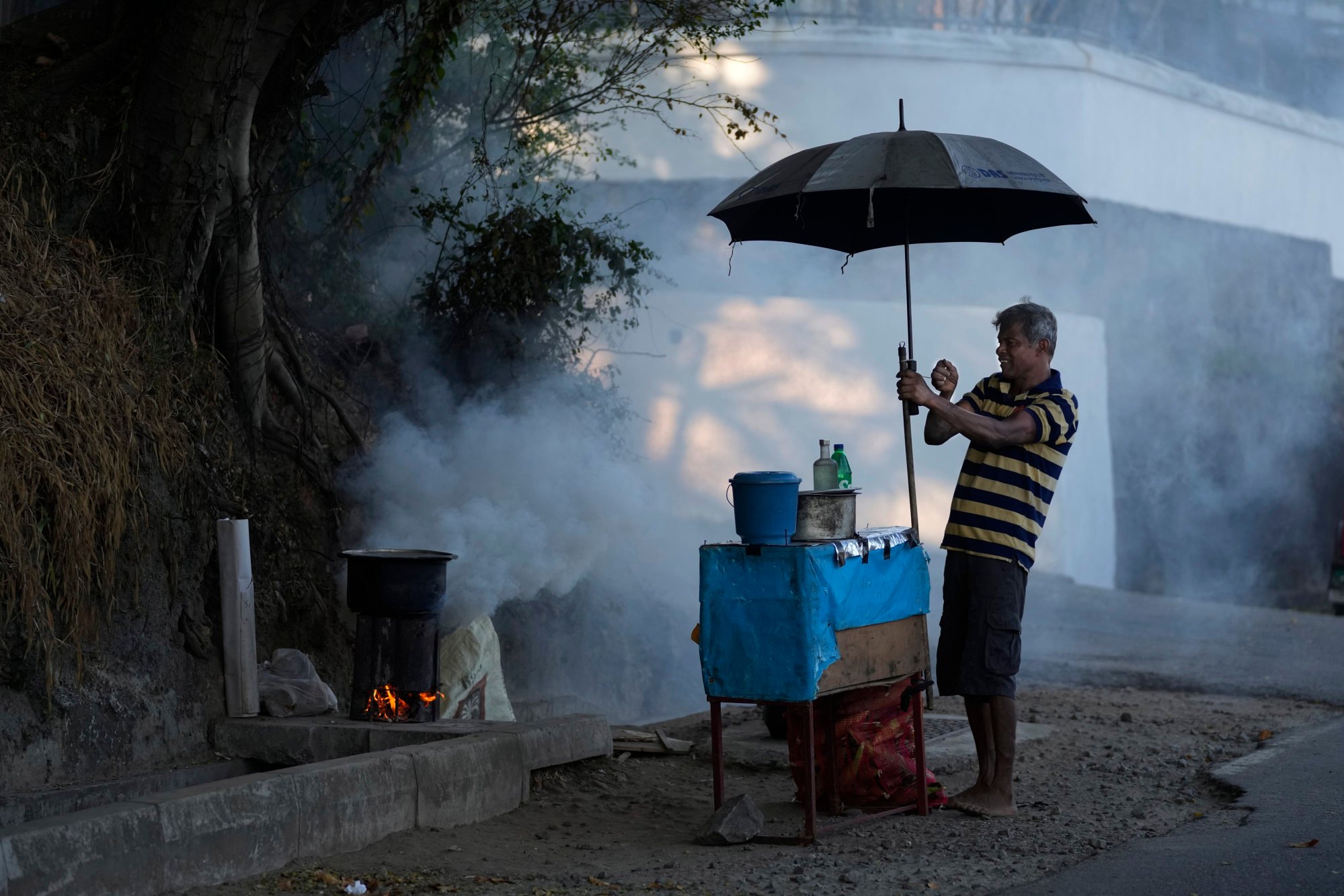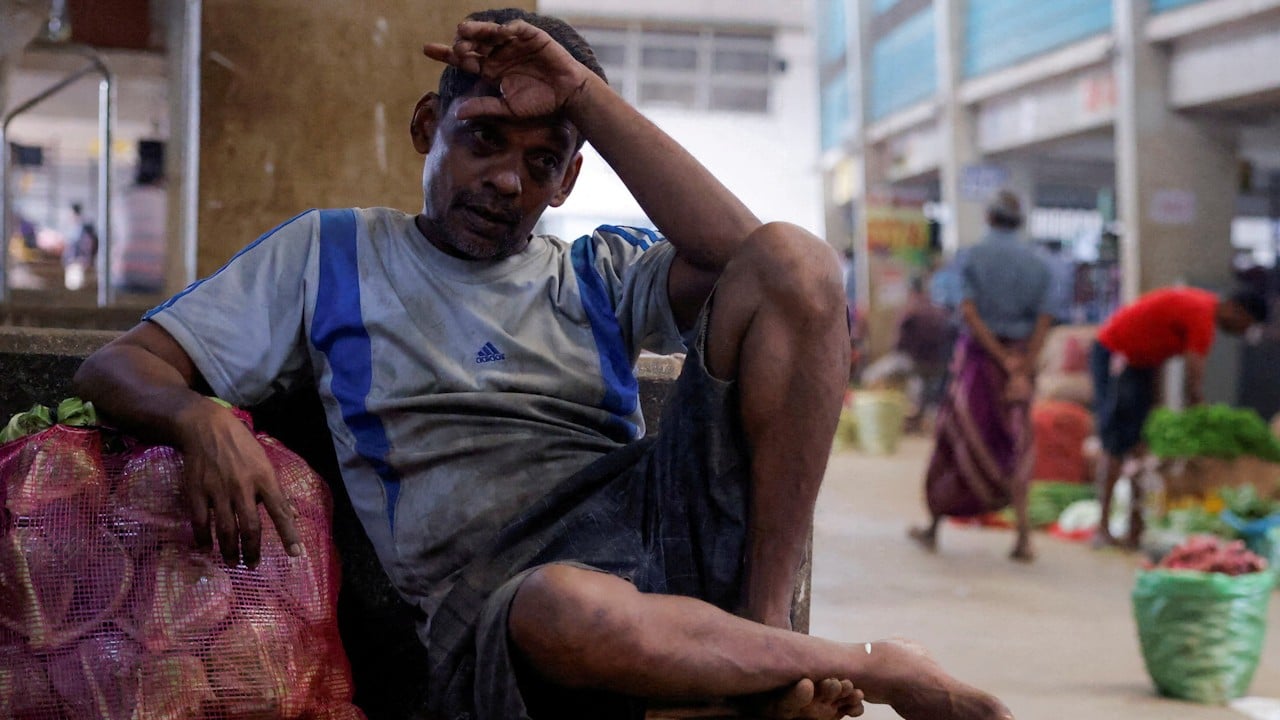Signed in Colombo by Sri Lanka President Ranil Wickremesinghe and Thailand Prime Minister Srettha Thavisin in early February, the FTA, which is now in force, offers both immediate and phased-out tariff concessions over a 15-year period.
Under the deal, Thailand offers concessions for a range of Sri Lankan exports including apparel, tea, cinnamon and coconut products, with immediate concessions for desiccated coconut, green tea and black tea. By the end of the 15-year period, both countries would have 85 per cent of products under a tariff-free scheme.
In 2022, the total export value from Sri Lanka to Thailand was US$57.76 million, while Colombo imported goods worth US$302.64 million from the kingdom.
Rohan Masakorala, an export and logistics expert from Sri Lanka, said it was important for the country’s existing businesses to be part of the global supply chain.
“These [bilateral agreements] are like building blocks of greater trade. [They] help to look at expanding your horizons in a multilateral framework and provide a more open and conducive environment for such trade to happen,” he said.
While the FTA may not lead to an immediate hike in trade volumes, it provides a window for increased trade over time by removing tariffs on competitively exported products from both countries, according Asanka Wijesinghe, a research fellow from the Institute of Policy Studies of Sri Lanka.
The FTA with Thailand and the trade deal signed with Singapore in 2018 would act as a catalyst for Sri Lanka’s long-term objective of entering the Regional Comprehensive Economic Partnership (RCEP), a multilateral free trade agreement between Asia-Pacific nations, Wijesinghe added.

“Technically Sri Lanka should negotiate with the 15 economies in the RCEP. Completion of the Thailand FTA is a significant milestone in Sri Lanka’s ambition on accession to RCEP,” Wijesinghe said.
Integrating into the Association of Southeast Asian Nations would benefit Sri Lanka’s economy, Wijesinghe added, with many production value chains rooted in these growing economies, thereby providing Sri Lanka with an opportunity to diversify export destinations and join global value chains.
With RCEP being one of the world’s biggest trading blocks offering much greater market access, Maskorala said he believed getting these bilateral arrangements with Asean members would help negotiations for RCEP membership in the long run.
As Sri Lanka looks to recover from the debilitating economic crisis that resulted in its historic debt default in 2022, the country’s bilateral trade ambitions have been renewed, with an FTA being negotiated with China, and further interest in entering into trade deals with Malaysia and Indonesia. By 2023, Sri Lanka’s cumulative trade deficit stood at US$4.9 billion.
The economic crisis has made it imperative for Sri Lanka to diversify its foreign relations, and it seems to be pursuing this strategy mainly through economic instruments such as trade agreements, according to Rajni Gamage, a political science researcher at the National University of Singapore’s Institute of South Asian Studies.
The Sri Lanka-Thailand FTA could serve as a signal to the rest of Asean that South Asian countries other than India and Bangladesh were ready for more connectivity, investment and economic engagement, Gamage said.
“This would make the South Asian region more favourable for inter-regional economic cooperation at a time when the global political climate and national-level politics in many South Asian countries are pushing for a more inward and semi-isolationist approach to development,” she noted.
Sri Lanka walks a ‘tightrope’ between IMF demands and rebuilding society
Sri Lanka walks a ‘tightrope’ between IMF demands and rebuilding society
Sri Lanka’s FTA with Thailand could boost trade and investment between the two countries, including cheap Thai food imports for hard-pressed Sri Lankan consumers who face high domestic food prices, according to Ganeshan Wignaraja, a fellow from UK based think tank ODI.
It could also attract foreign investment to boost Sri Lanka’s foreign exchange earnings and help pay off crippling external debt, he added.
But Wignaraja pointed out that the country’s FTA with Singapore has stalled.
He said he hoped “future Sri Lankan governments will honour [the Thailand] FTA and not repeat the mistake of delaying implementation – as was the case with the Sri Lanka-Singapore FTA – and denting Sri Lanka’s international reputation”.

While the deal with Thailand might be significant, W. A. Wijewardena, a former deputy governor of the Central Bank of Sri Lanka, insisted that the country needed better trade deals than FTAs to emerge from its crisis.
“Sri Lanka needs a comprehensive economic partnership agreement [CEPA] to capture some of the Thai investment flowing out into countries like Myanmar, Laos, Cambodia, and Vietnam, instead of an FTA,” Wijewardena said, adding the CEPA would have room for cooperation in more areas.
Wignaraja said a CEPA with Thailand could help Sri Lanka “benefit from hi-tech Thai manufacturing and the practical research and innovation critical for long-term economic growth”.
Colombo should then work to seal CEPAs with other Asean member states, South Korea and Japan, he added.

